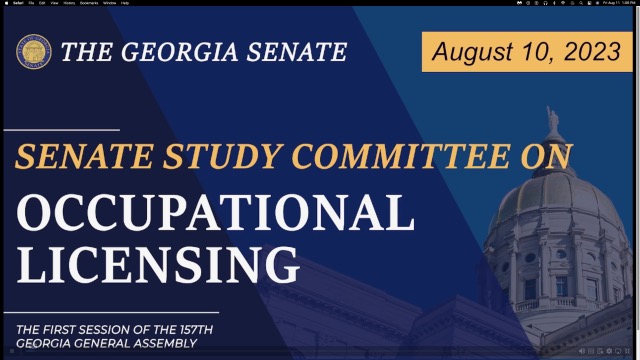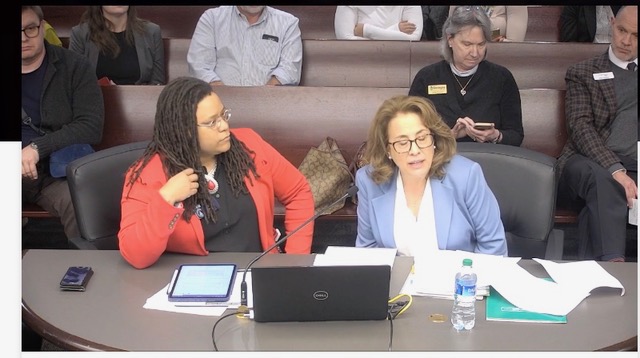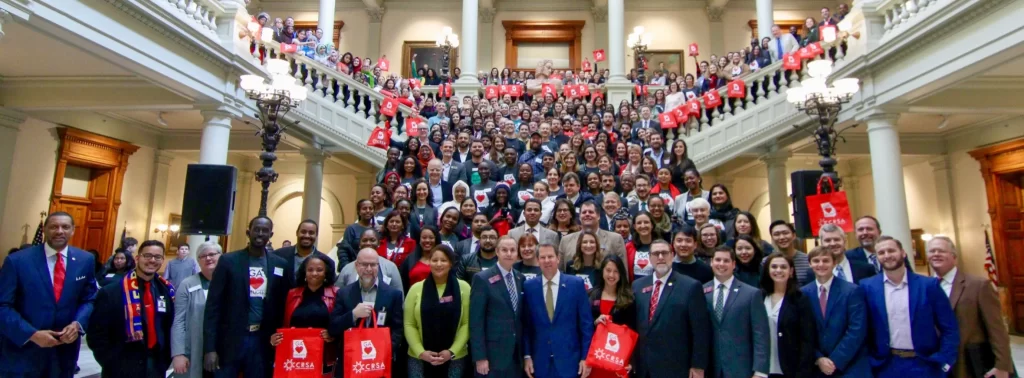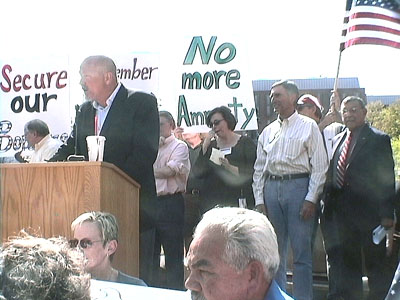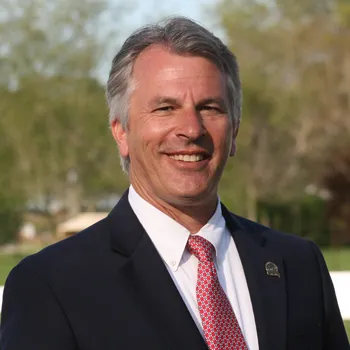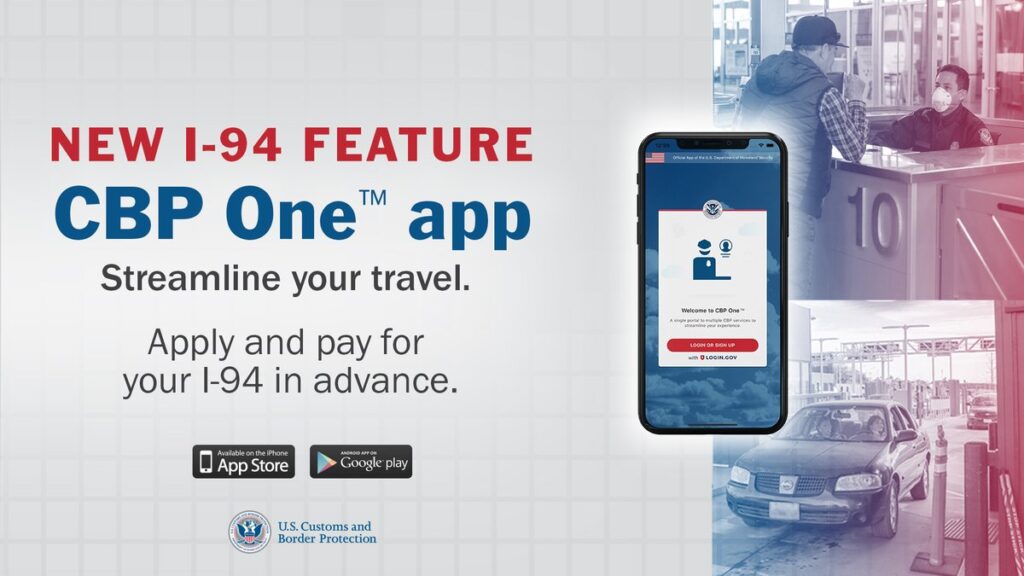
Center for Immigration Studies
Panel Video: Parole and the CBP One App
Event Summary
The Center for Immigration Studies hosted a panel discussion entitled “Parole and the CBP One App: Fact and Fiction”. Speakers examined the legality of the CBP One App scheme, the number of entries, legal challenges, and the myths put forth about it.
Mark Morgan, former Acting Commissioner of U.S. Customs and Border Protection, joined Center for Immigration Studies experts to discuss how the Biden administration took the CBP One smartphone app – a tool originally designed to smooth legal cross-border traffic – and turned it into a means of facilitating illegal immigration.
Participants:
Mark Morgan, Visiting Fellow, Border Security and Immigration Center, Heritage Foundation
Former Acting Commissioner of U.S. Customs and Border Protection, former Acting Director of U. S. Immigration and Customs Enforcement
Andrew Arthur, Resident Fellow in Law and Policy, Center for Immigration Studies
Former Immigration Judge, former Counsel on the House Judiciary Committee, and former Acting Chief of the INS National Security Law Division.
Moderator: Mark Krikorian, Executive Director, Center for Immigration Studies
Date and Location:
August 23, 2023
Washington, DC
Fact and Fiction
Short explanation of the CBP One APP
Transcript: Art Arthur, CIS (bio)
Video of entire panel discussion below.
“Under the CLP rule, if an alien enters the United States illegally, there is a rebuttable presumption that that alien is not eligible for asylum. And there are exceptions and ways that they can rebut it. One of those exceptions is if the would-be illegal migrant schedules a time and place to enter the United States through a port of entry they will then be processed under the old asylum rules, and here’s how they do it. As Mark said, you download the app and, while in northern Mexico or central Mexico, you can then make an appointment to show up at a port of entry. You will get a date for that appointment. Any time during that 23-hour period of the date of that appointment, you can show up at one of eight ports of entry. Five of them are in Texas. And when you are in there, according to assertions that have been made by the state of Texas, they don’t ask you whether you want asylum. They really don’t ask you anything. They run some background checks and then they release you into the United States. CBS News reported a few weeks back that 131,000 people by the end of June had been paroled into the United States who would use the CBP One app. We know from CBP’s latest statistics that through the end of July 188,500 people have either come through the ports or are ready to come through the ports using that.
Again, it is a 23-hour period at a port of entry, one of eight ports of entry along the southwest border, which means that one of those aliens could show up at 11:00 at night. Mark will tell you, you know, you have shift change and you have other personnel on duty, and they could be screened by that person. Or they could show up at the time that the kids come over to go to school, which is a pretty common phenomenon at the southwest border. Some overwhelmed Border – or some overwhelmed CBP officer is then going to have to very quickly make a determination to let you into the United States.
And again, the only information that they can base their determination on is what the United States government has. As James Comey once famously said, if we don’t have information on you, if you don’t make a ripple in the pond, we’re not going to know anything about you. We’re not going to know whether you’re a criminal. We’re not going to know whether you have terrorist ties. We’re not going to know whether you’re a member of a drug cartel. That more or less is the system that they have set up under CBP One and that’s how it works.”


